The key sections in the GATE biotechnology syllabus 2025 include the Fundamentals of Biological Engineering, and Plant and Animal Biotechnology. Reviewing the complete syllabus can be helpful for students appearing in the GATE exam.
Table of Contents
GATE biotechnology syllabus 2025 consists of topics inclusive of Engineering Mathematics, General Biotechnology and Domain-Specific Topics. It is crucial to pay equal attention to all topics to score between 80 to 90 percentile in the GATE 2025 exam.
The GATE exam dates 2025 are Feb 1, 2, 15 & 16. Thus, candidates are advised to understand the various topics that are in the GATE syllabus 2025 along with the exam pattern, preparations, and reference books to perform well in the GATE 2025 examination.
GATE Biotechnology Syllabus 2025: Section-wise Topics
The GATE Biotechnology syllabus 2025 is divided into various topics and relevant sub-topics. Candidates may refer to the table below to learn more:
|
Sections |
Topics |
Subtopics |
|
Engineering Mathematics |
Linear Algebra |
Matrices and determinants, Systems of linear Equations, Eigenvalues and Eigenvectors |
|
Calculus |
Limits, Continuity and differentiability, Partial derivatives, maxima and minima, Sequences and series, Test for convergence, Fourier series |
|
|
Differential equations |
Linear and non-linear first-order ODEs, higher-order ODEs with constant coefficients, Cauchy’s and Euler's equations, Laplace transforms, PDE Laplace, heat and wave equations |
|
|
Probability and statistics |
Mean, median, mode and standard deviation, random variables, normal, Poisson and binomial distributions, correlation and regression analysis. |
|
|
Numerical methods |
Solution of linear and non-linear algebraic equations, integration of trapezoidal and Simpson's rule, single and multistep methods for differential equations |
|
|
General Biotechnology |
Biochemistry |
Biomolecules - structures and functions, biological membranes-structure, membrane channels and pumps, molecular motors, action potential and transport processes, basic concepts and regulation of the metabolism of carbohydrates, lipids, amino acids and nucleic acids, photosynthesis, respiration, and electron transport chain.Enzymes- classification, catalytic and regulatory strategies, enzyme kinetics- Michaelis-Menten equation, enzyme inhibition - competitive, non-competitive and uncompetitive inhibition. |
|
Microbiology |
Bacterial classification and diversity, microbial ecology- microbes in marine, freshwater and terrestrial systems, microbial interactions- viruses, structure and classification, methods in microbiology, microbial growth and nutrition, nitrogen fixation, microbial diseases and host-pathogen interactions, antibiotics and antimicrobial resistance. |
|
|
Cell Biology |
Prokaryotic and eukaryotic structure, cell cycle and cell growth control, cell-cell communication, cell signalling and signal transduction |
|
|
Molecular Biology and Genetics |
Molecular structure of genes and chromosomes, mutations and mutagenesis, nucleic acid replication, transcription, translation, Mendelian inheritance, gene interaction, complementation, linkage. |
|
|
Immunology |
Innate and adaptive immunity, humoral and cell-mediated immunity, antibody structure and function, the molecular basis of antibody diversity, T cell and B cell development, antigen-antibody reaction, complement, primary and secondary lymphoid organs, major histocompatibility complex, antigen processing and presentation, polyclonal and monoclonal antibody, regulation of immune response, immune tolerance, hypersensitivity, autoimmunity, graft versus host reaction, immunization and vaccines. |
|
|
Bioinformatics |
Bioinformatic resources and search tools, sequence and structure databases, sequence analysis, molecular dynamics and simulations |
|
|
Recombinant DNA Technology |
-- |
Restriction and modification enzymes, vectors, plasmid, cosmids, yeast artificial chromosome, mammalian and plant expression vectors, Gene isolation, cloning and expression, transposons and gene targeting DNA fingerprinting |
|
Plant and Animal Biotechnology |
-- |
Totipotency, regeneration of plants, tissue culture and cell suspension culture systems, the kinetics of growth and nutrient optimization, animal cell culture, animal cell and tissue preservation, the kinetics of cell growth |
|
Bioprocess Engineering and Process Biotechnology |
-- |
Principles of reactor design, ideal and non-ideal multiphase bioreactors, mass and heat transfer, aeration and agitation, the kinetics of microbial growth, various types of microbial and enzyme reactors, process scale-up, economics and feasibility analysis. |
|
Fundamentals of Biological Engineering |
Engineering principles applied to biological systems |
Material and energy balances for reactive and non-reactive systems, recycle, bypass and purge processes, the stoichiometry of growth and product formation, degree of reduction, electron balance, theoretical oxygen demand |
|
Classical thermodynamics and bioenergetics |
Laws of thermodynamics, solution thermodynamics, phase equilibria, reaction equilibria, ligand binding, membrane potential, the energetics of metabolic pathways, oxidation and reduction reactions. |
|
|
Transport processes |
Newtonian and non-Newtonian fluids, fluid flow- laminar and turbulent, mixing in bioreactors, mixing time, molecular diffusion and film theory, oxygen transfer and uptake in bioreactor, conductive and convective heat transfer, overall heat transfer coefficient |
Also Read: GATE Agricultural Engineering Syllabus 2025
GATE Biotechnology Syllabus 2025 PDF Download
The GATE Biotechnology syllabus 2025 is also available on the official website of GATE 2025 i.e., gate2024.iisc.ac.in in a PDF format. Candidates can access the direct link to download the Biotechnology syllabus under GATE 2025 from the table below:
|
GATE Biotechnology Syllabus 2025 |
GATE 2025 Section-wise Topic Weightage
This section will show you the weightage that has been assigned to each of the sections that are covered for the test. Have a look as it will be useful in designing your study plan:
|
Sections |
The weightage (mark basis) |
|
Engineering Mathematics |
11 to 15 |
|
Bioprocess Engineering |
11 to 15 |
|
Biotechnology |
21 to 25 |
|
Aptitude |
11 |
GATE Biotechnology Paper Pattern 2025
After learning about the GATE Biotechnology syllabus 2025, candidates can now check the GATE exam pattern to learn how the syllabus will be structured during the paper. Here’s a quick overview:
- GATE exam 2025 will be conducted in an online mode.
- There will be three sections in the question paper. They are General Aptitude, Mathematics and subject-based questions.
- The questions in the General Aptitude section will be of MCQ type and there will be a total of 15 questions in that section.
- The mathematics and subject-based section will have questions totalling 85 marks and the questions will be of Multiple Choice Questions (MCQ) type and Numerical Answer Type (NAT) type.
- It will be a 3-hour duration paper.
Also Read: GATE Petroleum Engineering Syllabus 2025
Best Books for GATE Biotechnology 2025
The table below contains some of the best books that cover the GATE Biotechnology syllabus 2025 which candidates can refer to during their preparation. These books will give a broader insight into various topics. The books along with the names of the authors are provided. Let's have a look:
|
Name of the Book |
Name of the Author |
|
Biotechnology GATE |
B.M Agarwal, Akanksha Singhal, Vidhika Goel |
|
Biotechnology for CSIR - NET, SET, GATE, JNU, JAM, AIIMS |
Vinita Thakur |
|
Fundamentals of Biochemistry |
Lehninger |
|
Life Science part 1 and part 2 |
Pathfinder Publications |
|
Bioprocess Engineering |
Schuler and Kargi |
|
Immunology |
Barbara Anne Osborne and Janis Kuby |
|
Principles of Bioprocess Engineering |
P. Doran |
|
GATE General Aptitude and Mathematics |
GK Publishers |
|
Molecular Cell Biology |
Iodish and Baltimore |
|
Prescott’s Microbiology |
Christopher J. Woolverton, Joanne Willey and Linda Sherwood |
|
Principles of Genetics |
D. Peter Snustad, Michael J Simmons and Robert H Tamarin |
|
Enzymes: Biochemistry, Biotechnology and Clinical chemistry |
P L Bonner and Trevor Palmer |
|
Molecular Cloning: A Laboratory Manual |
David W Rusell and Joseph Sambrook |
|
Prinzipien Der Biochemie |
Albert L Lehninger, David L Nelson and Michael M Cox |
|
Principles of Gene Manipulation and Genomics |
Richard M Twyman and S.B Primrose |
|
A textbook of Botany |
Kashinath Bhattacharya |
|
Roitt’s Essential Immunology |
Ivan Roitt |
|
Molecular Biotechnology: Principles and Applications Of Recombinant DNA |
Bernard R Glick and Jack J Pasternak |
|
Intermediate Mathematics |
B.V Sastry and K Venkateswarlu |
|
Introductory Methods of Numerical Analysis |
SS Sastry |
Apart from the above-mentioned set of books, the candidates must make sure that they have a habit of practising the previous year's sample question papers. The more you practice a given set of question papers, the more you will learn to manage your time efficiently and effectively.
GATE Biotechnology Preparation Tips 2025
GATE Biotechnology syllabus 2025 will guide you in GATE preparation. Apart from that, we will also help you with some of the best preparation tips that will help you in your mode of study. Have a look:
- Aspirants must go through the important topics of each section and make sure that they prepare for the topics to their maximum effort.
- It is very important for the candidates to not mix the topics and must focus only on one topic at a time. Going through multiple topics will confuse the candidates and lose their concentration power. Do not go in a hurry to finish your topics. Take appropriate amounts of time for each of the topics.
- Prepare a study plan for yourself and stick to it at your maximum. Use your time judiciously and see that the time is divided equally into all the important topics that you need to cover.
- Practice as much as you can. By doing this you will be able to improve your speed and do well in your test.
- Be precise and accurate in your answers. Make sure that your answers are to the point and crisp as it provides an advantage for your scoring marks.
- Candidates are advised not to strain themselves while preparing for the test. Take sufficient rest and breaks and have a nutrition-rich diet daily.
- Hard work and perseverance are the two important tips that candidates must practice during their study mode. The more you work hard, the more you are on the path to your glorious career.
- Lastly, have faith in yourselves and believe that you can do it. Self-confidence and belief are important qualities that the candidates must have while preparing for the test.
Also Read: GATE Mining Engineering Syllabus 2025



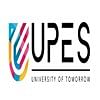
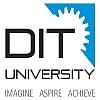
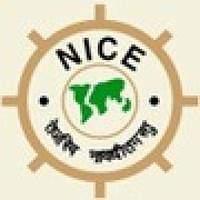


![Indian Institute of Technology, [IIT] Bombay](https://media.getmyuni.com/azure/college-image/small/indian-institute-of-technology-iit-bombay.jpg)

![Indian Institute of Technology, [IIT] Kanpur](https://media.getmyuni.com/azure/college-image/small/indian-institute-of-technology-iit-kanpur.jpg)
![Indian Institute of Technology, [IIT] Kharagpur](https://media.getmyuni.com/azure/college-image/small/indian-institute-of-technology-iit-kharagpur.jpg)

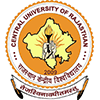
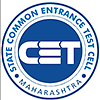

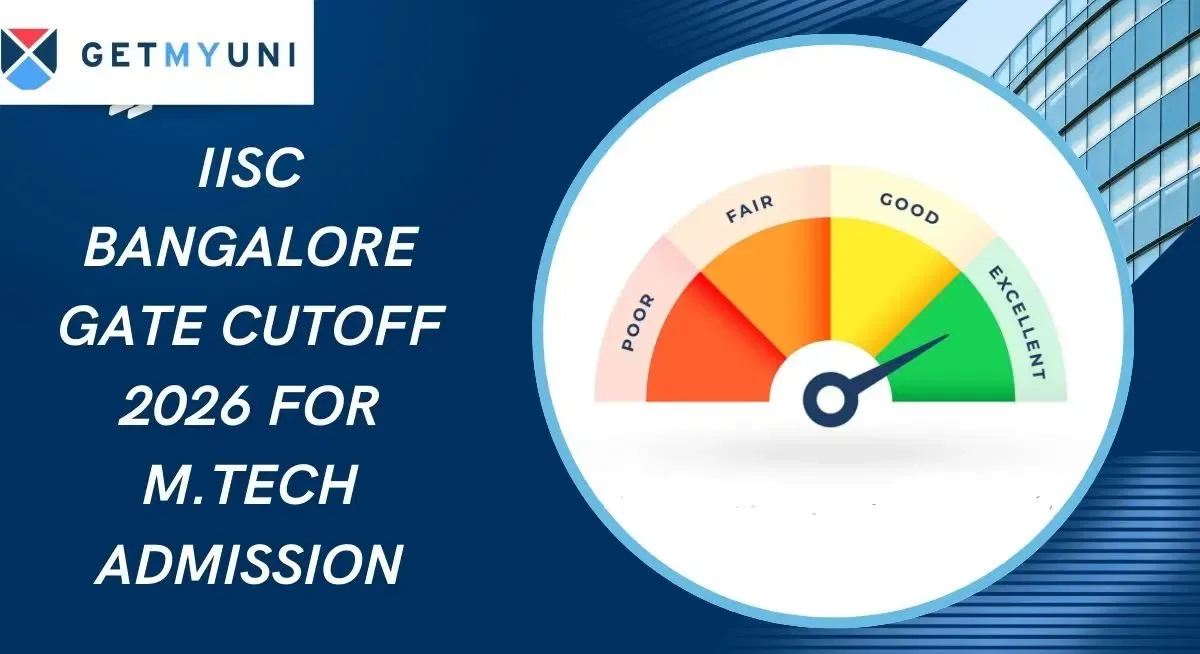


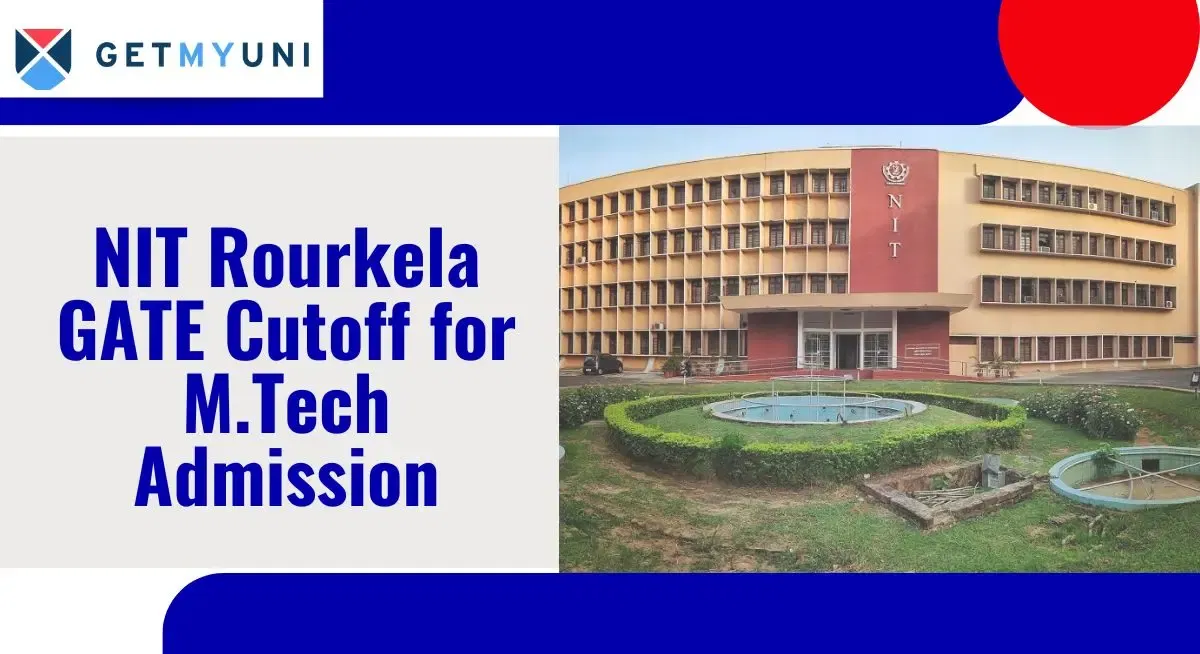
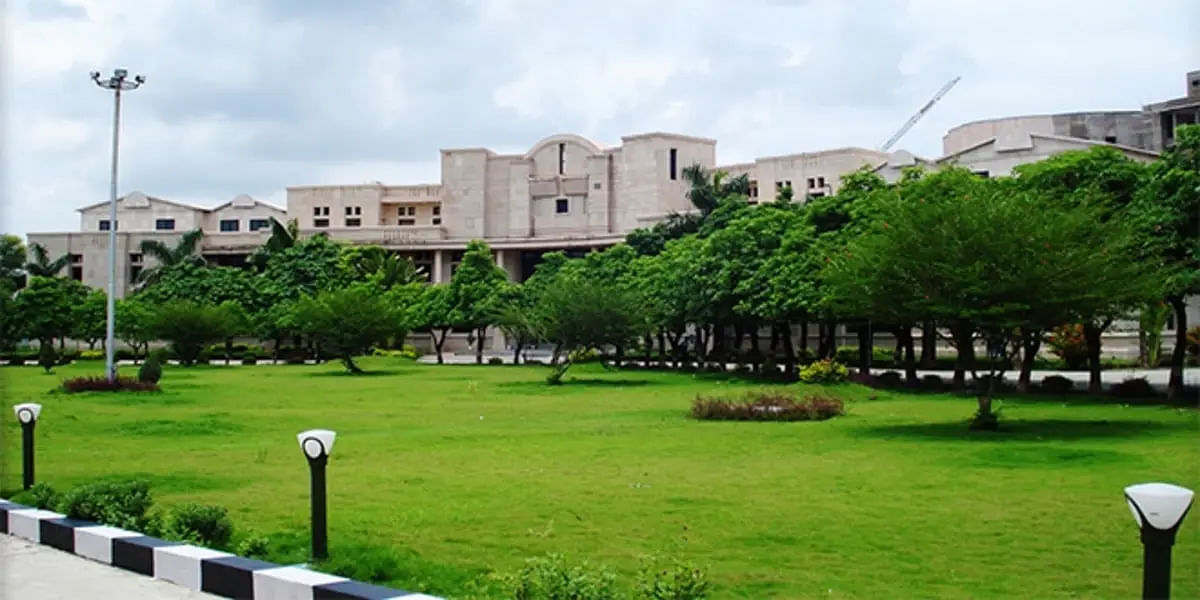
















POST YOUR COMMENT